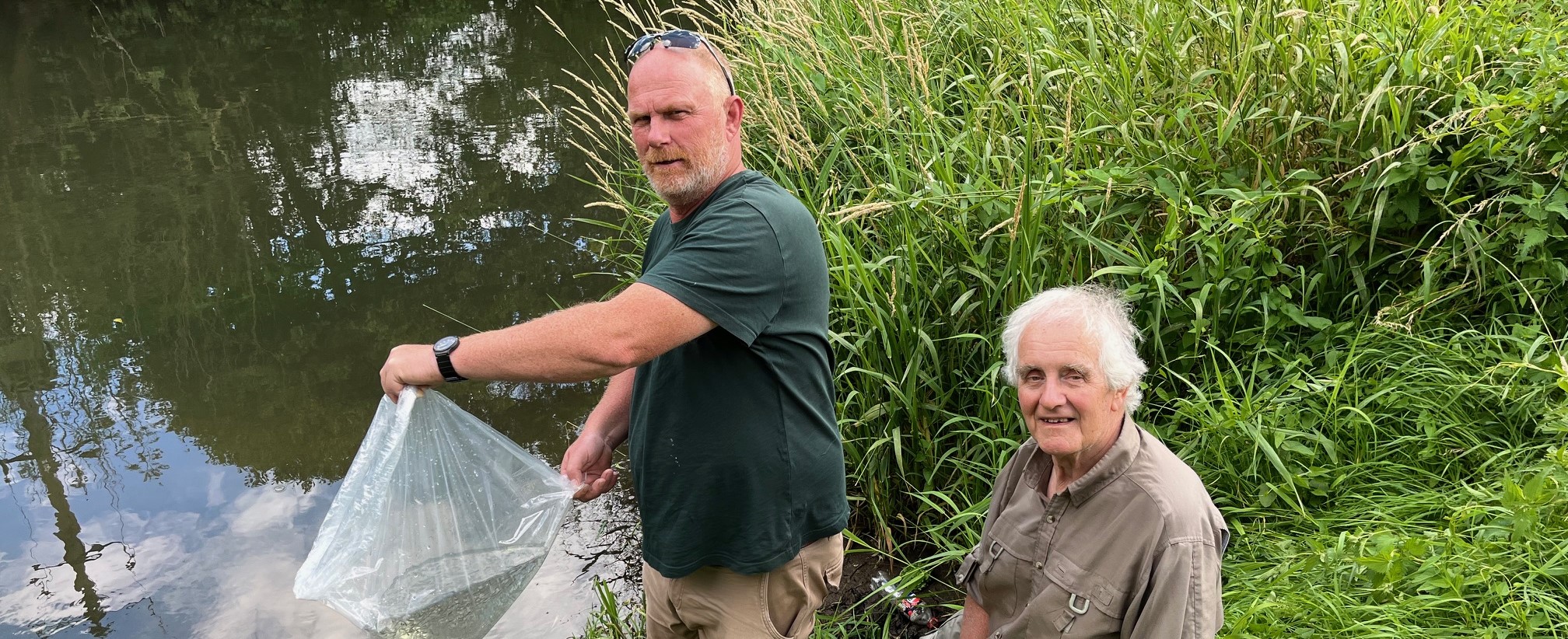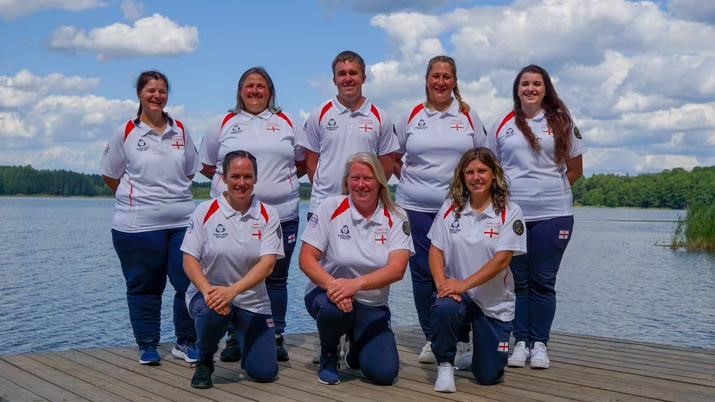
Anglers Against Pollution
Nothing new in government announcement on Britain’s water infrastructure
Today’s announcement by the Environment Secretary, Thérèse Coffey, that water companies share plans on improving Britain’s water infrastructure is more about grabbing a headline than placing any new requirements on water companies.
Whilst the Angling Trust welcomes this reiteration of Thérèse Coffey’s position we are disappointed that there is nothing new in her demands.
The Angling Trust wrote to the Environment Secretary on the 26th January calling on her to use her powers to act with more urgency to clean up sewage spills entering our rivers from storm overflows and to demand full transparency from water companies.
As it stands, Combined Sewer Overflows (CSOs), which should only discharge in exceptional circumstances, will continue to pollute our rivers with only high priority sites, about 20% of CSOs, addressed by 2035. For the remainder we will have to wait until 2050. Thérèse Coffey has previously said that water companies should “do it a lot quicker”. We agree but wonder why nothing has been done to actually accelerate the implementation of the necessary improvements.
Stuart Singleton-White, Head of Campaigns at the Angling Trust, said:
“The Secretary of State may be adroit at getting a headline, but that is far from meaningful action that is going to make a difference to our rivers. There are three things she could do now. Firstly, adopt all the recommendations of the government’s own storm overflow task force, substantially strengthen the storm overflow reduction plan and bring forward the ridiculously long time frame Defra have given water companies to clean up their act. Secondly, to demand water companies publish near real-time data on their spills, as Thames Water have done, and to do so quickly. And thirdly, to bring forward the detail and legislation needed to ensure water company fines are used to improve the environment and not just disappear into the Treasury, as she announced she would do at the end of 2022.”
Last October, Thérèse Coffey’s predecessor Ranil Jayawardena proposed that the civil penalties for serious pollution incidents by water companies could be raised to £250 million, a rise on the present £250,000. Whilst Thérèse Coffey has said that the £250 million limit is “still on the table” we are concerned that privately she believes it to be disproportionate, a concern deepened by the new Chair of the Environment Agency, Alan Lovell, describing the new limit as “crazy”.
Singleton-White added: “We urge the Environment Secretary to ensure fines act as a proper deterrent and the government’s proposal to reinvest fines in environmental projects is enacted as soon as possible. Polluters must be held to account and in a way which will drive real change in the water industry.”
- Angling Trust Statement – 26 January 2023
Environment Secretary challenged to deliver more than ‘warm words’ to end sewage scandals - Angling Trust Statement – 16 January 2023:
Sewage pollution cover up – Angling Trust calls for transparency now
You might also like

New Kennet Hatchery Releases First Reared Fish

Fishing Books for Kids

UK Recreational Catch-and-Release Bluefin Tuna: A step closer to…

MESTER THE MASTER AT FREE SPIRIT MATCH BODDINGTON CLASSIC…

ENGLAND LADIES CARP TEAM MISS MEDAL ON TOUGH LATVIAN…

Angling Trust urges government to go further and faster…

ENGLAND YOUNG GUNS LEAD THE WAY IN HOME NATIONS…

AMAZING ENGLAND COMEBACK SECURES EURO CHAMPS BRONZE

ELLIOT BAGS THIRD NATIONAL WIN AT MARSTON!

PATIENT APPROACH WIN WOMEN’S NATIONAL FOR LEANNE!

Take a Friend Fishing
27th July to 1st September…









